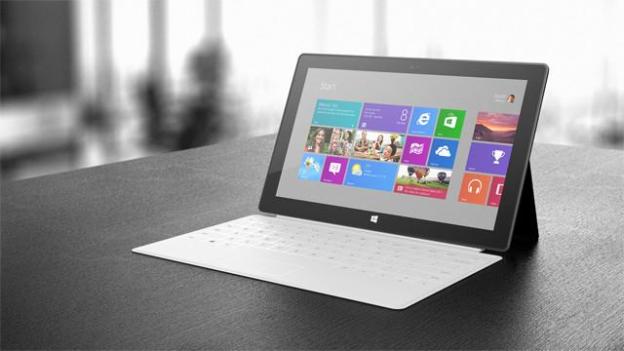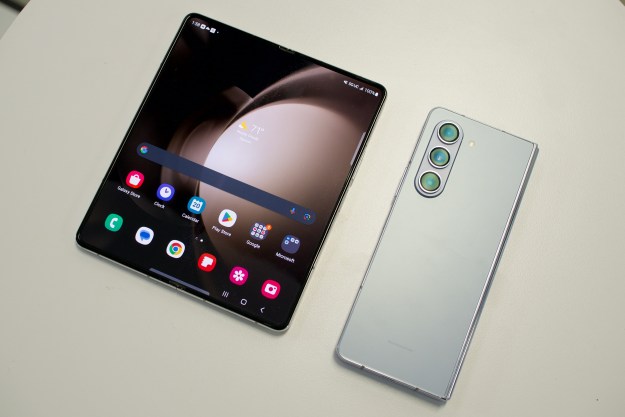
Windows RT is a sort of quasi-Windows experience, running off of ARM architecture as opposed to the traditional Intel or ARM technology its sister product Windows 8 utilizes. While RT has been having a bit of a rocky road since launching last year on the Microsoft Surface RT, Microsoft is looking to give it a kick in the right direction against Android tablets and the iPad by cutting its licensing fees.
According to Bloomberg, Microsoft is looking to get more tablet vendors to on board by offering the operating system at lower prices than originally set back when it launched. Unlike Android, which is free for vendors to use on their hardware, Microsoft makes its money by selling Windows RT in bulk licensing agreements with its vendors.
With word of this price drop, it’s apparent Microsoft is doubling down on RT and looking to make it capable of competing against cheaper Android tablets – especially those in the 7 or 8 inch form factor. However, some vendors aren’t buying it. Acer has been vocal about the poor performance of Windows RT. Instead of using Windows RT, Acer is opting to release miniature tablets powered by Windows 8. While this brings more powerful hardware to the mobile platform, it also risks an identity crisis for Microsoft. Another issue is that this doesn’t necessarily mean RT devices will go down in price either. It’s still up to hardware manufacturers to set the price.
What this certainly means for Microsoft is the potential to eat away at the Android and iOS market share, but it carries risk. Windows RT and Windows 8 look identical in most circumstances, potentially confusing consumers between similarly-looking devices. If Microsoft can figure out how to market the two products to each of their respective audiences, then it may still have a chance to keep RT alive with this price drop. If not, Windows RT will likely continue to struggle.
Editors' Recommendations
- I hope Microsoft adds this rumored AI feature to Windows 11
- After 10 years of headaches, I’m finally a believer in Windows on ARM
- How Windows 7 saved Microsoft from driving over a cliff — twice
- Best Buy flash sale drops the Microsoft Surface Pro 6 down to its lowest price

